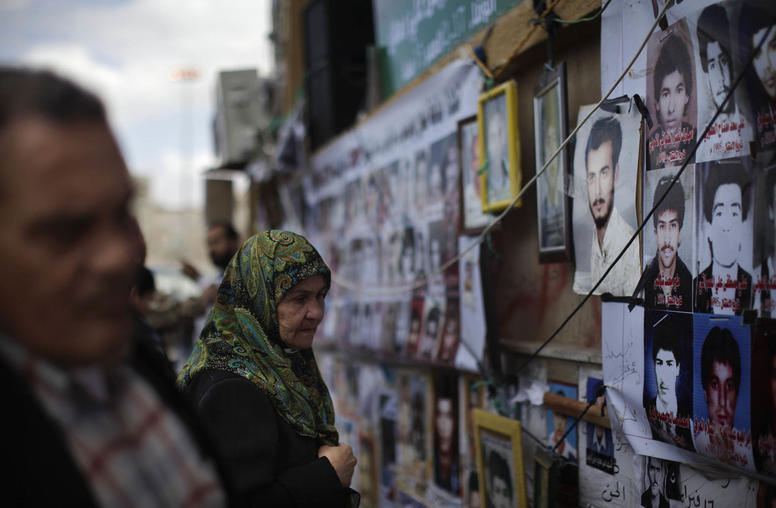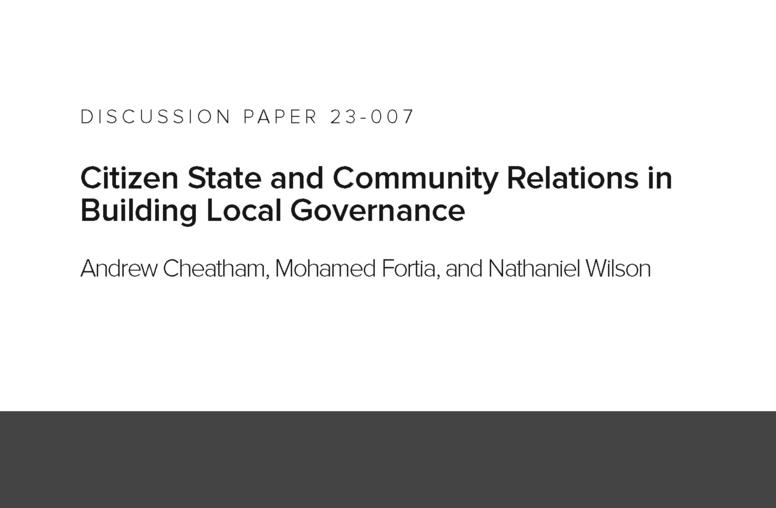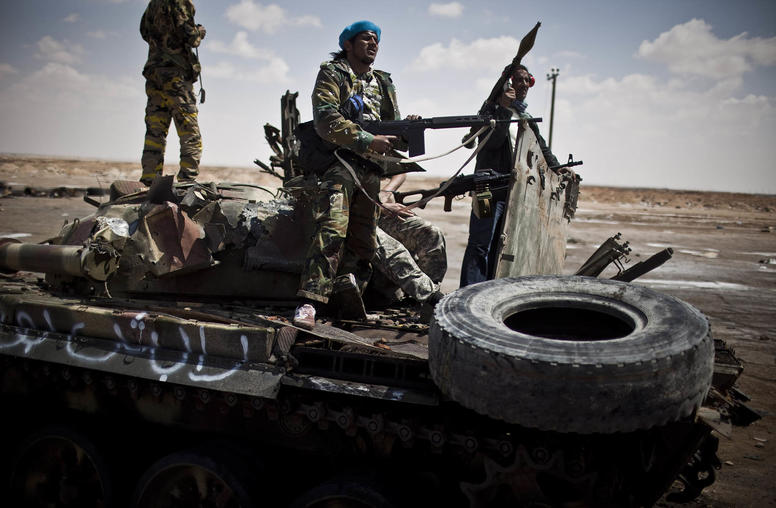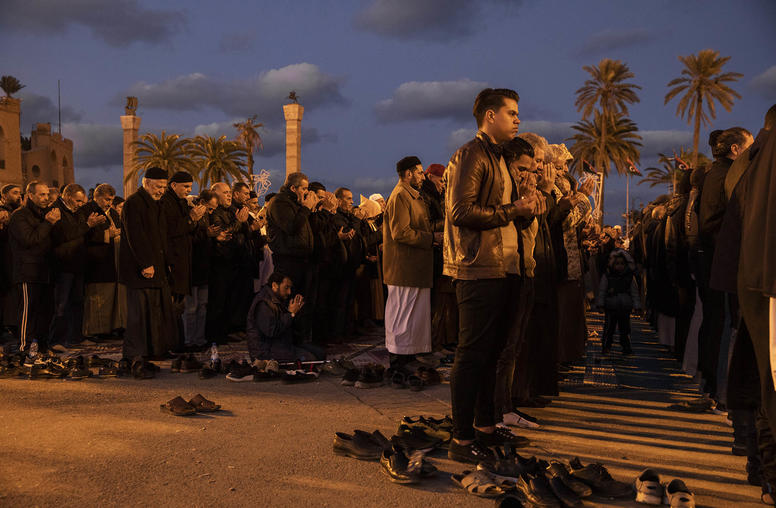USIP’s Robert Perito, director of the security sector governance center, files this dispatch from Libya.
January 30, 2012
By Robert Perito
Three months after Qaddafi’s death, progress toward establishing basic security in Libya is uneven.
Benghazi, where the revolution began, has organized security committees composed of former rebels and police. The one-time rebels support the police with heavy weapons and the moral authority needed to enforce the government’s writ on a heavily-armed populace. In Tripoli, at the other end of the country, the 500 local police are outnumbered and outgunned by the former rebels. Rival groups man checkpoints on the access roads, patrol in pickup trucks mounted with heavy machine guns, and control various neighborhoods. As former rebels coalesce around individual strongmen, there is increasing talk of warlordism. Walking at night through Martyrs’ Square in Tripoli, we heard gunfire nearby.
Meanwhile, the central government’s authority is limited. A Justice Ministry official admitted to us that he had little influence in Misrata (about 120 miles east of Tripoli), where the fighting was most intense and where Human Rights Watch reports that former fighters for the Qaddafi regime are being tortured.
One of Libya’s major challenges will be security sector reform, or transforming the disparate former rebel groups into national military and police forces that report to the central government. However, across the country, former rebels say that they will only give up their arms when they are certain that Qaddafi’s supporters will not return to power and that the goals of the revolution will be achieved.
Explore Further
- Dispatch from Tunisia | Robert Perito | January 26, 2012
- Security Sector Governance Center of Innovation
- The Arab Awakening
As the dramatic events of the Arab Spring turn to the more mundane yet vital work of governance, constitution writing and peacebuilding, USIP is on the ground, bringing its unique brand of action and expertise to the effort. - USIP Special Report on "Security Sector Transformation in North Africa and the Middle East"



